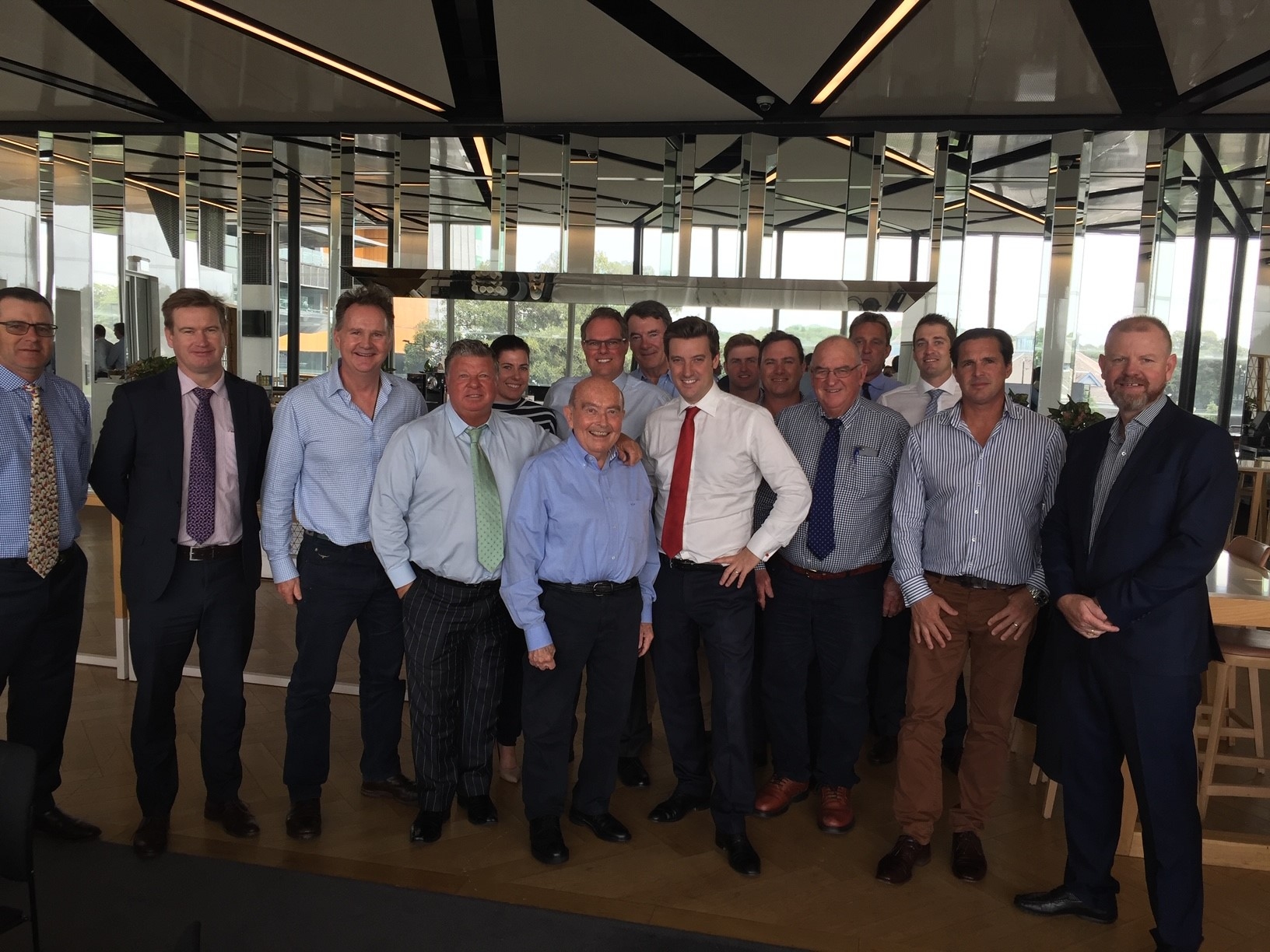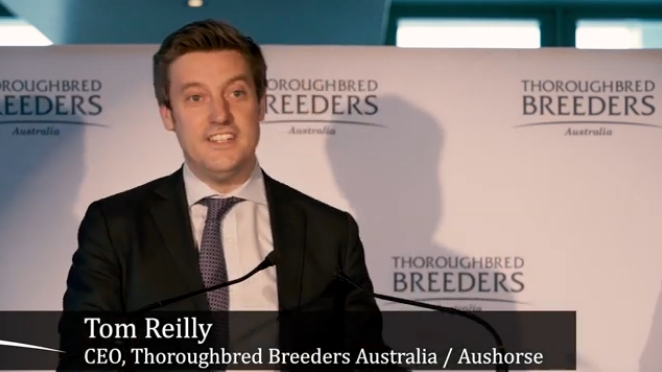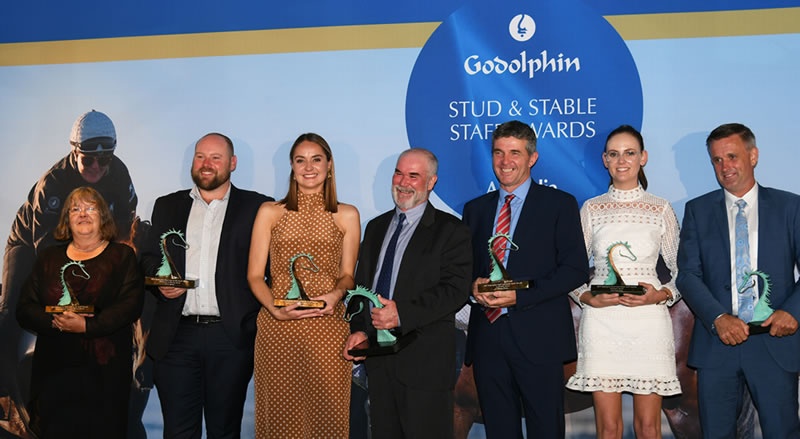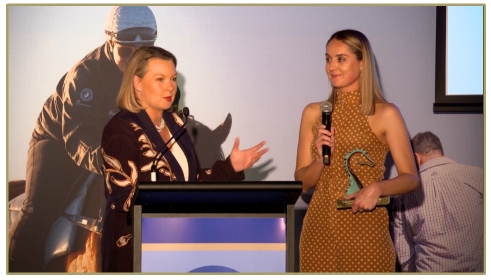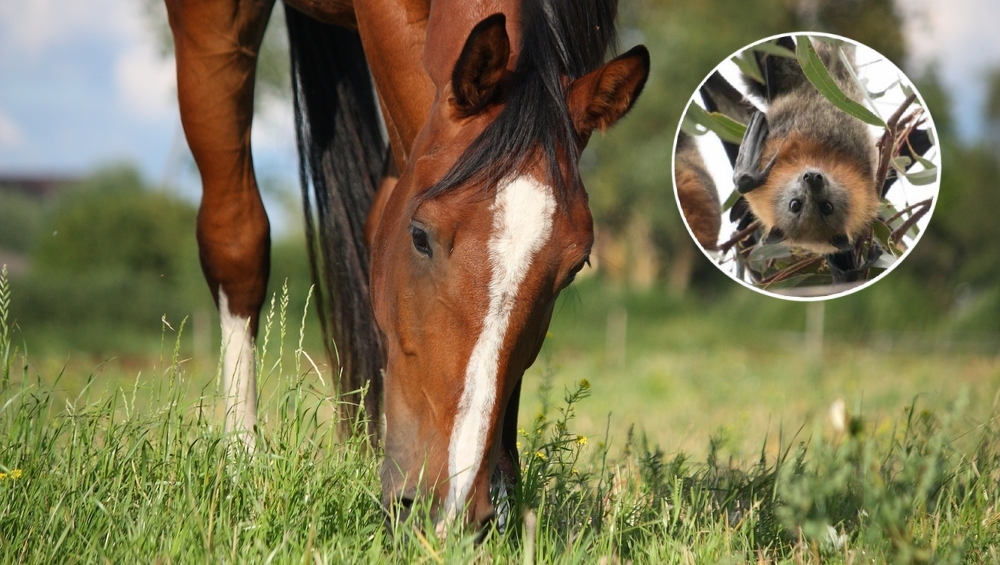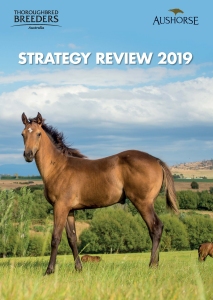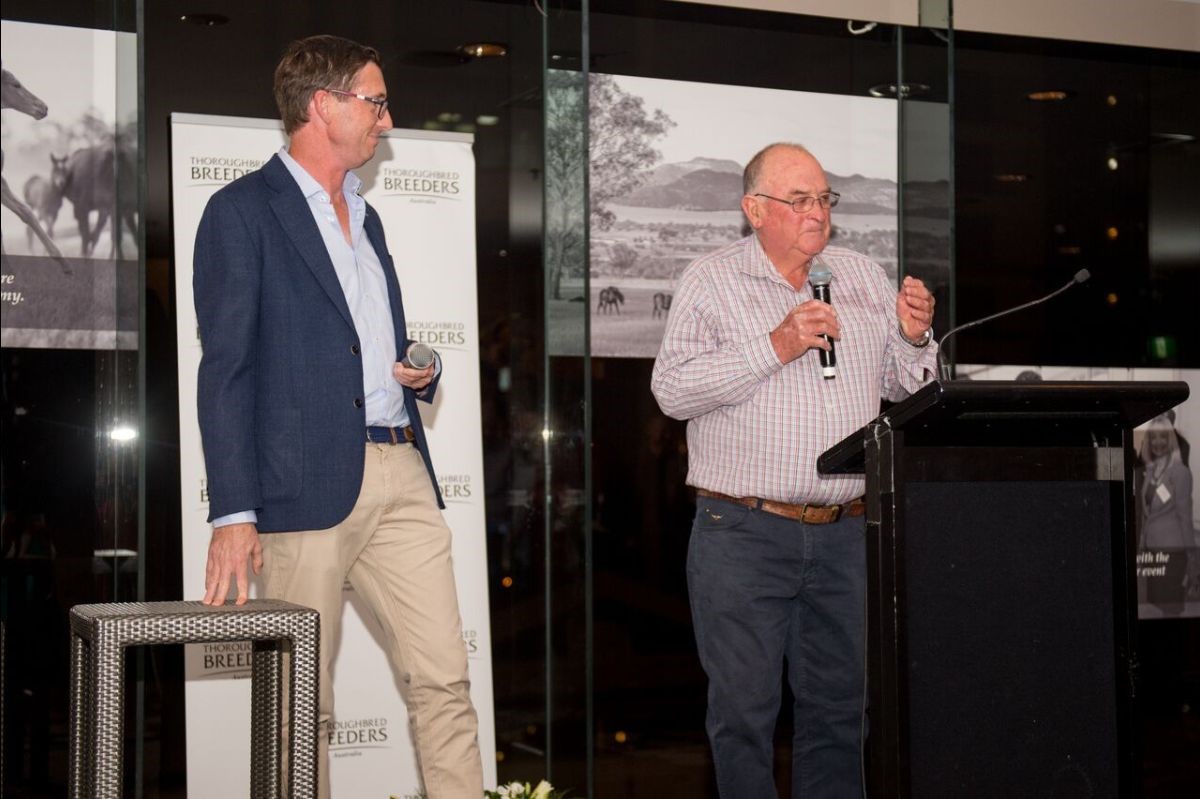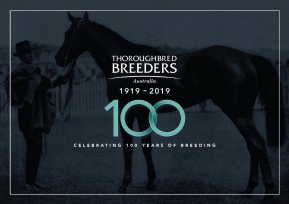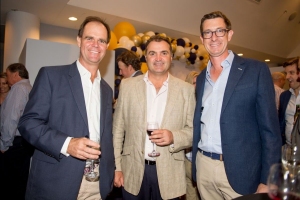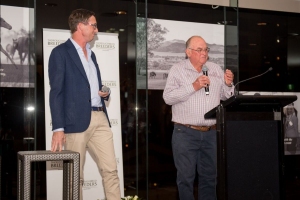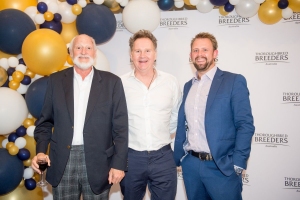The board of Thoroughbred Breeders Australia (TBA) today had a teleconference to discuss the issues raised in last night’s 7.30 program.
As a result of that meeting we are calling for a national welfare taskforce to be established that would include all industry stakeholders.
We believe it is important that we come together as an industry to look at the issue of welfare and have a full and frank discussion and assess where we can make improvements.
Below is a piece that I wrote to appear in the Sydney Morning Herald tomorrow that expands on some of the challenges we face.
Already many of you have contacted me with ideas on measures we need to implement to deal with issues raised in the ABC report. All of these are gratefully received.
We will continue to keep you updated on these matters.
Kind regards,
Tom
Sydney Morning Herald, Saturday 19th October 2019
Rightly there was outrage at the treatment of the horses shown in Thursday night’s ABC 7.30 program. Like everybody who watched the investigation, I was appalled by what I saw. As an industry, we can and must do better.
First, I’d like to address footage of the treatment of the horses at the abattoirs and slaughterhouses in the moments before they died.
This isn’t to shift the blame and point the finger at those who are outside the thoroughbred industry, but no animal, whether it is a thoroughbred horse, a cow or a sheep should be mistreated in the way the horses were in Caro Meldrum-Hanna’s investigation. Any animal that is being processed at an abattoir should be treated humanely and with dignity.
There is state-based regulation and licensing of these facilities and it is incumbent on all state and territory governments that these standards are being met. If laws have been broken, then those responsible should face prosecution.
Of course, we as a thoroughbred industry must also look at our practices and consider what changes we need to make on the back of this investigation. Most importantly, we urgently need to establish a national industry taskforce to deal with the welfare of our animals.
This must include all stakeholders: from breeders through to racehorse owners, trainers, administrators and the many people who do important work retraining racehorses when their career on the track is over. This taskforce should also include independent welfare experts and be transparent in its findings.
On Friday the TBA contacted almost all the breeders whose animals featured in the 7.30 report. All were shocked that animals they had raised and cared for should be mistreated, and none of those farms had sent those horses directly to an abattoir or livestock sale. The route, where it was known by the breeder, of those horses arriving at an abattoir often involved being sold for racing and then its ownership being transferred a number of times.
This highlights perhaps the biggest challenge we face in breeding and racing. What happens to a horse when it is transferred out of our industry? What happens when it leaves the jurisdiction of racing’s regulators?
At present, there is no formal traceability of a horse after it is retired and sold out of racing.
There is currently a Senate inquiry into establishing a national traceability scheme for all horses. My organisation, Thoroughbred Breeders Australia, along with Racing Australia, has supported the creation of a model that will register who owns every horse and record where that animal is being kept.
That registry would be important in ensuring that every owner of every horse provides a minimum standard of care. I urge the Senate committee to make its recommendations as quickly as possible.
I have no doubt that the overwhelming majority of people in the industry, such as breeders, trainers and owners, care deeply for their horses.
In breeding and racing there is already a strong regulatory framework that should ensure administrators know where a horse is at all times. The 7.30 program suggested there may be shortcomings in that data collection and, if true, that needs to be addressed.
There is a lot of good work being done to find homes for retired racehorses or horses that are not suitable to go into training. In NSW and Victoria, 1 per cent of prizemoney is set aside for welfare, with much of this going towards rehoming.
But as part of an industry review we need to ask ourselves whether there is enough being done to create pathways for horses to enjoy a rewarding or meaningful second career.
We also need to acknowledge that some of the people who have taken racehorses in the past may be struggling to care for them while much of rural and regional Australia deals with the most crippling drought in history. This makes the ongoing care of a thoroughbred a financial burden beyond many people.
As the head of the national peak body for breeders, I know we must also look to our own practices. The numbers of foals being produced has dropped from 18,500 in the 2000s to about 14,000 now. Whether that is the right number or not is something we need to consider as part of an industry-led review.
We take the care of our horses seriously. We established welfare guidelines in 2016 that our 4500 members accepted. We created a thoroughbred levy, paid by all breeders, so we can spend $1 million a year on projects to benefit equine welfare.
In 2018 we organised two summits with other stakeholders to discuss welfare and hear from other industries on their approaches. While everybody at those meetings agreed there were challenges, finding consensus for a national and collaborative approach proved too difficult.
As an industry we need to ensure that we are united in meeting our challenges.
Tom Reilly is the chief executive officer of Thoroughbred Breeders Australia.
